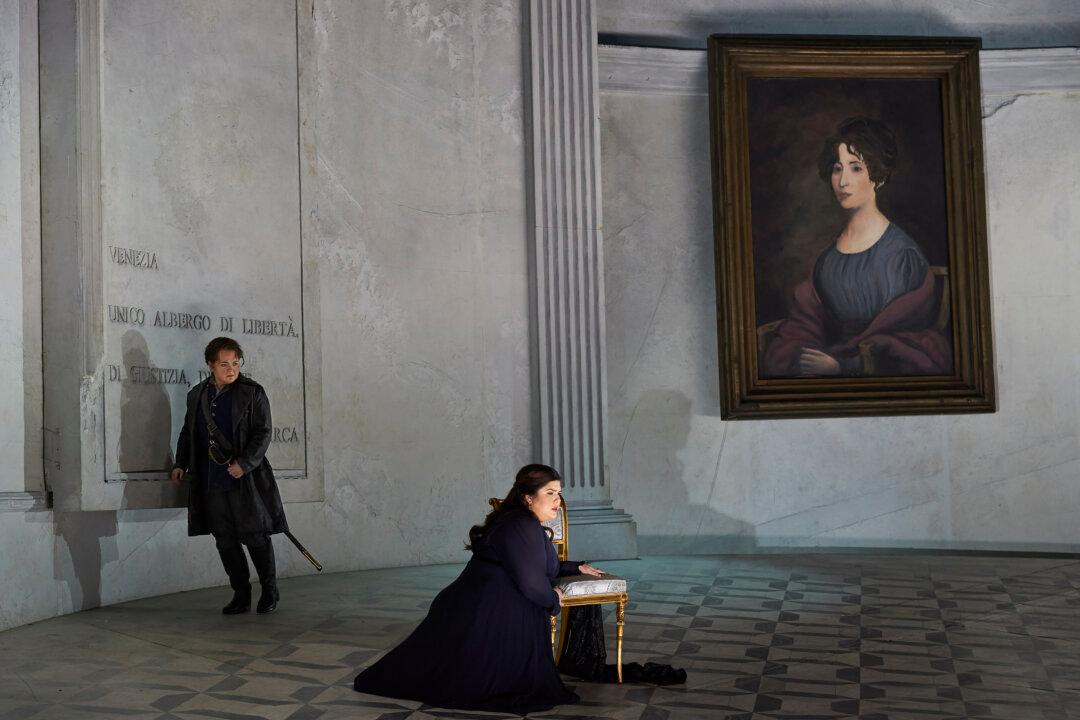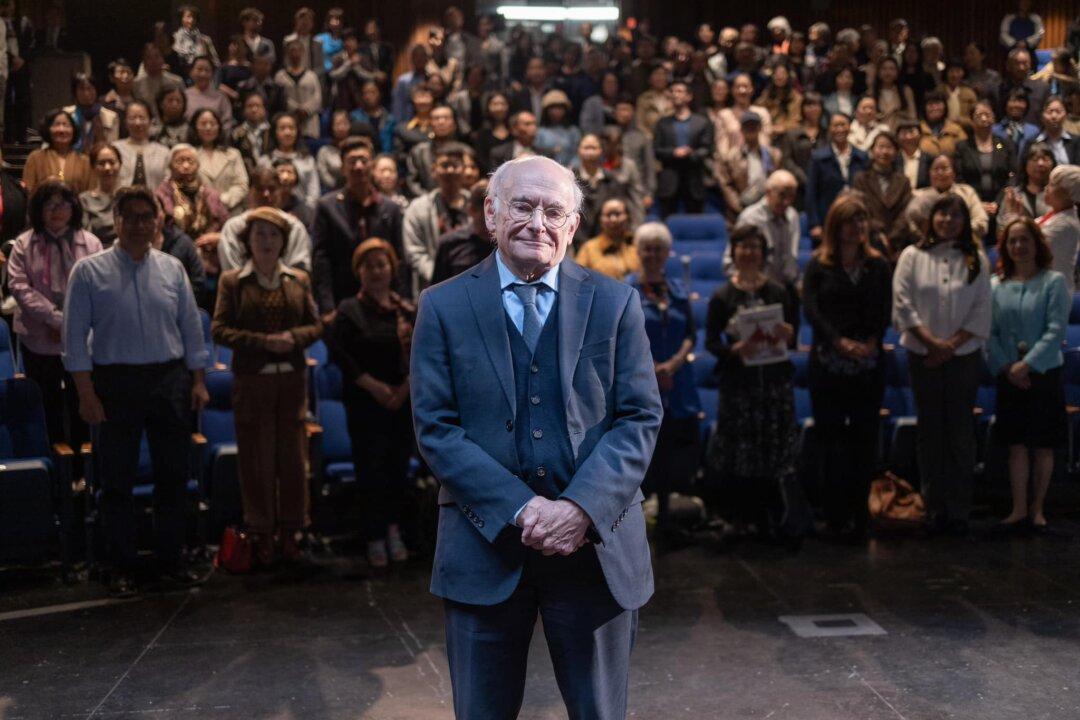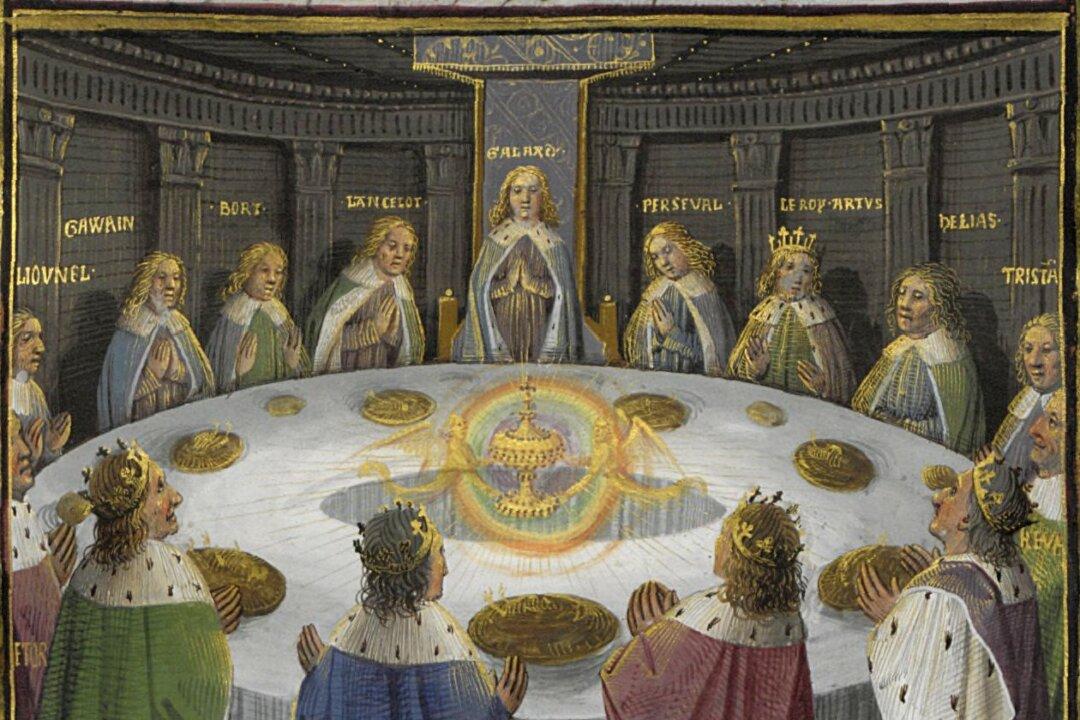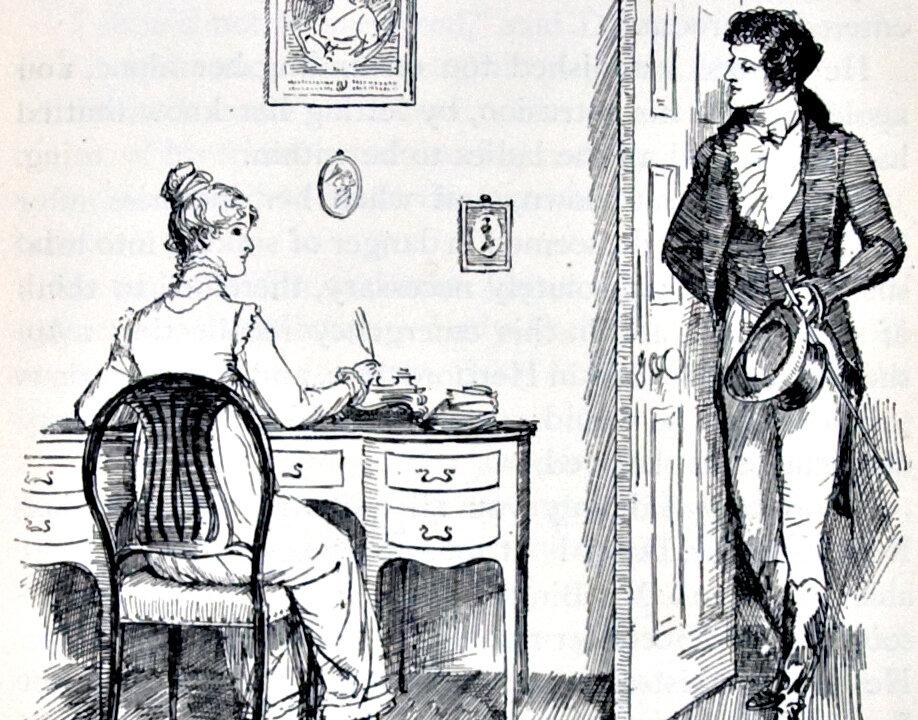TORONTO—Opera is larger than life, combining words and music to produce drama that may be at once foreign and intimately connected to us.
That is why the some of the best operas last in the repertoire for hundreds of years, having as strong of an appeal to audiences now as they did when they first premiered—sometimes even stronger.
“I think that opera is an inspiration,” says American mezzo-soprano Elizabeth DeShong, who is currently performing in the Canadian Opera Company’s (COC) production of Rossini’s “Maometto II.”
On one plane are the theatrical elements.
“I think anytime you get to step in someone else’s shoes … anytime you can inhabit the situation, the feelings of another person, when you get that chance, I think it creates within you a compassion and empathy,” says DeShong.






